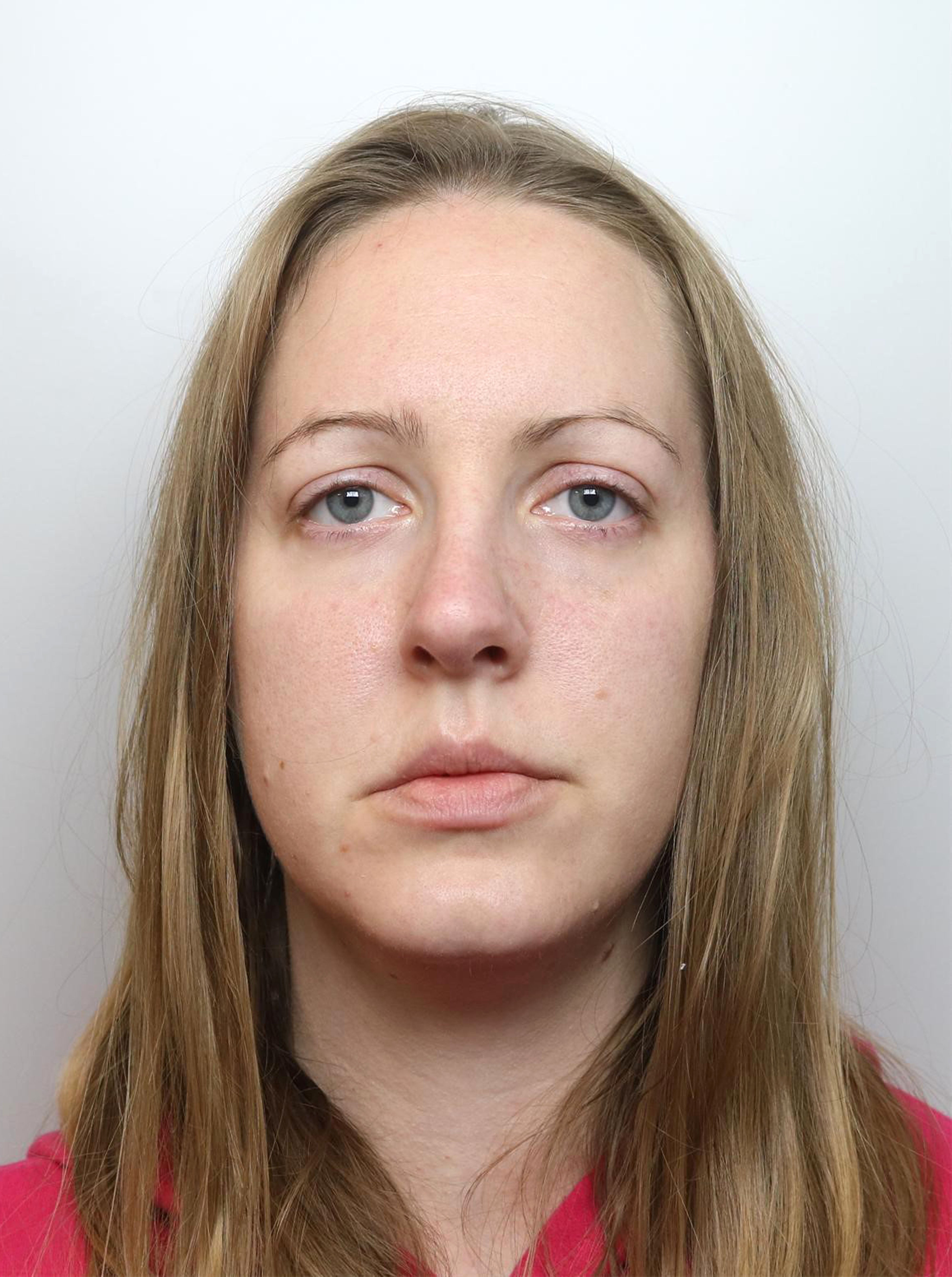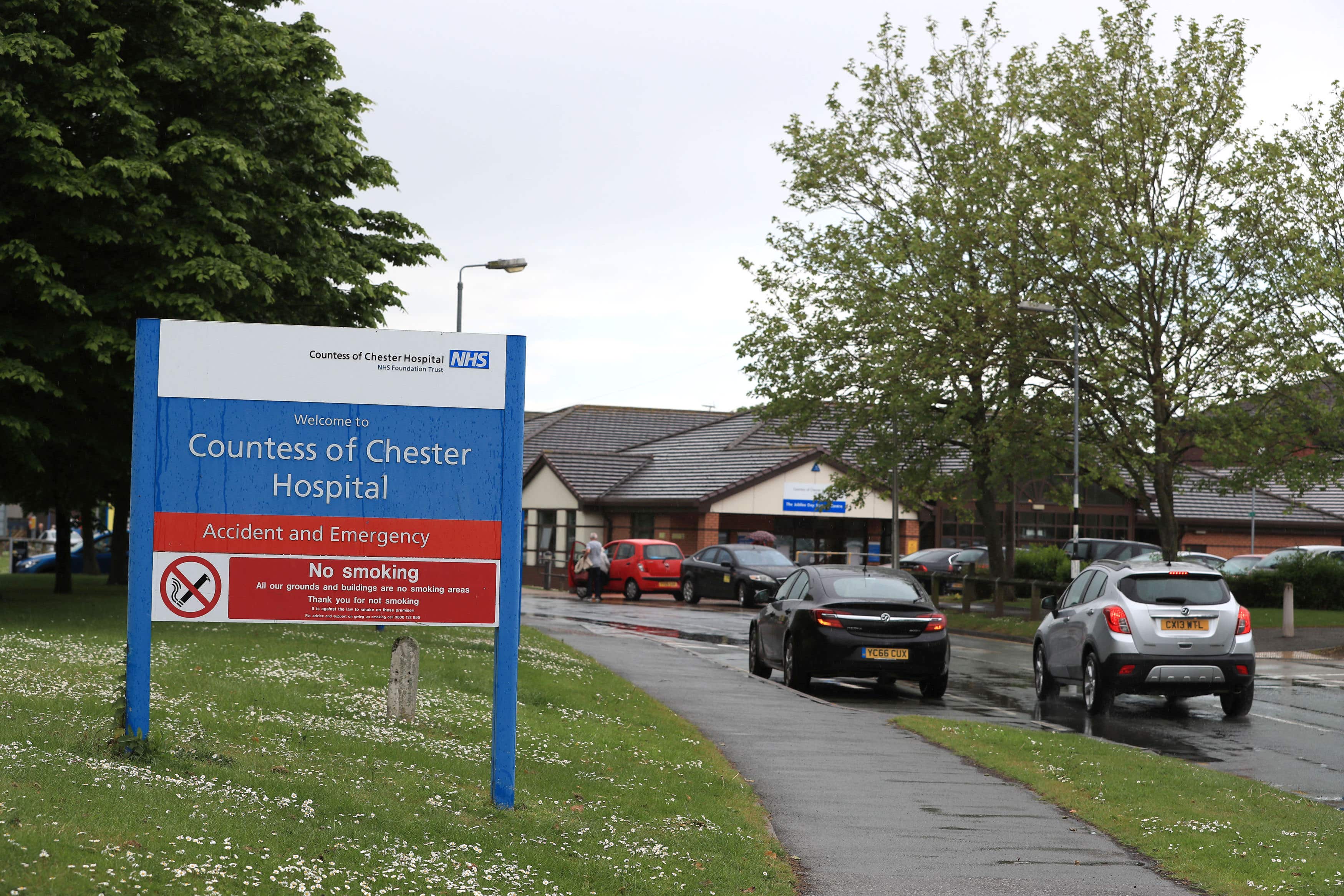Lucy Letby’s former boss says sorry to victims’ families as inquiry continues
Neonatal ward manager Eirian Powell said she did not believe Letby was deliberately harming children at the time

A nursing boss has apologised to the families of victims of child killer Lucy Letby.
Letby was allowed to continue working on the Countess of Chester Hospital’s neonatal unit until July 2016 despite worries from the unit’s clinical lead in October 2015 that Letby had been on duty for a spate of unexpected deaths that year.
The Thirlwall Inquiry into events surrounding Letby’s crimes has heard that consultant Dr Stephen Brearey raised the “Lucy issue” with neonatal ward manager Eirian Powell who said it was coincidence and that Letby was a “good nurse”.
Letby, 34, from Hereford, is serving 15 whole-life orders after she was convicted at Manchester Crown Court of murdering seven infants and attempting to murder seven others, with two attempts on one of her victims, between June 2015 and June 2016.
Giving evidence on Monday, Ms Powell’s then line manager Anne Murphy said she too did not have any concerns about Letby at that time.
She said: “It was supposition that she was unfortunately there on those days but there was no indicator that she was causing harm to these babies.
“I didn’t think it was a fair that a nurse should be accused, or anyone.”

Counsel to the inquiry Nicholas de la Poer KC said: “Was it fair to say you chose to act on the basis that Eirian Powell was right, rather than that Dr Brearey may be right?”
The now retired former lead nurse of children’s services replied: “At that stage, yes. None of us could come up with a reason why his thought process automatically went to her.”
By March 2016 she had learned that there had been eight deaths on the neo-natal unit in 2015 and two so far that year but in 2010 and 2011 there were just two each and from 2012 to 2014 there were three each.

She said she still then did not believe Letby was deliberately harming children but she thought “different eyes were needed to look at it” and agreed that the police should have been called in soon after.
Ms Murphy said: “We had investigated as much as we possibly could and we couldn’t find a reason … so I think we were really wanting support and advice from our executive team by this stage.”
Asked by Peter Skelton KC, representing families of Letby’s victims, if she thought of the consequences if she was wrong about Letby, she said: “No, not at the time. Things do happen, coincidences do happen and the fact she was present.
“I think if she had been caring for each of those babies and not just being on the unit that may well have been slightly different … but that was not actually the case.
“None of the staff came forward to say there was interference with the care of their baby.”
Mr Skelton said: “Did you realise the consequences were extremely serious, in fact they couldn’t be more serious?”
“Yes,” she replied.
Mr Skelton said: “In those circumstances if you can’t be certain that children aren’t being harmed, is not the obvious step to take action urgently to protect children?”
Ms Murphy said: “Yes, we should have.”
She added: “I should have done something earlier maybe but I didn’t. I didn’t know why it was happening so I have to apologise to all of those families, from my perspective, that I had certainly failed those children by not doing something sooner.”
The inquiry is expected to sit until early 2025, with findings published by late autumn of that year.
